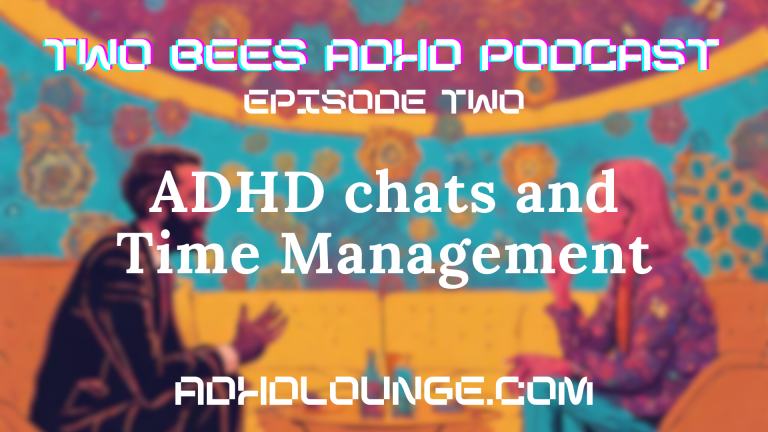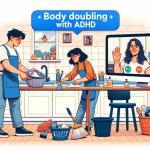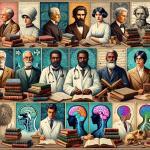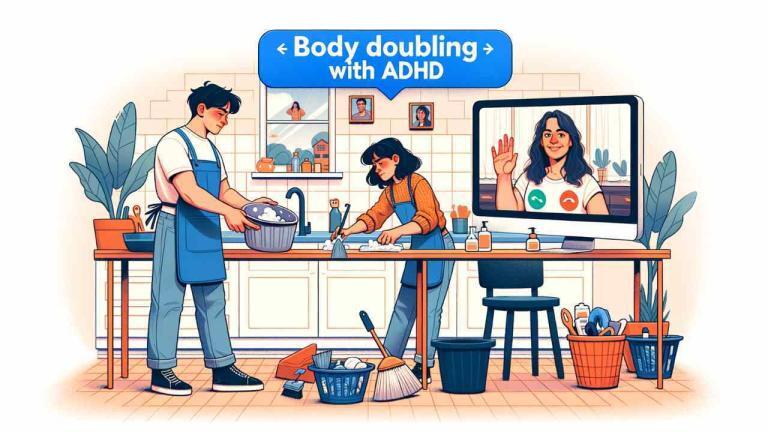Welcome to
ADHD Lounge - Supporting Adults with ADHD
Dive into the realm of adult ADHD with us! From initial diagnosis to the variety of treatment options, including medication, and understanding the distinct personalities it affects, we’re here to support you. Discover the prevalent symptoms in adults, learn about the assessment process, and if adult ADHD speaks to you, consider subscribing to our emails for regular tips on managing this condition.
Let’s journey together through the complexities of adult ADHD. Stay informed and connected—subscribe now to deepen your understanding of adult ADHD!
ADHD Blog
-
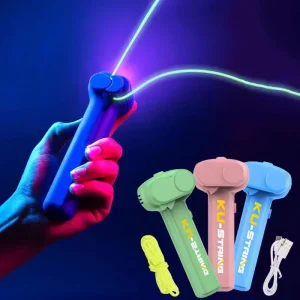 $7.82 – $13.03Price range: $7.82 through $13.03Buy This product has multiple variants. The options may be chosen on the product page
$7.82 – $13.03Price range: $7.82 through $13.03Buy This product has multiple variants. The options may be chosen on the product page -
 $17.38 – $21.73Price range: $17.38 through $21.73Buy This product has multiple variants. The options may be chosen on the product page
$17.38 – $21.73Price range: $17.38 through $21.73Buy This product has multiple variants. The options may be chosen on the product page
What is ADHD?
Understanding Brain Chemical Imbalance in ADHD
The brain of an individual with ADHD functions differently from those without the disorder. People with ADHD experience an imbalance of specific chemicals, known as neurotransmitters, in the brain. Neurotransmitters facilitate signal transmission between neurons and various brain regions.
Key Neurotransmitters in ADHD
In ADHD, dopamine and norepinephrine are significantly affected. Dopamine regulates the brain’s reward and pleasure centers. On the other hand, norepinephrine influences alertness and attention. A deficiency in these neurotransmitters leads to typical ADHD symptoms.
Symptoms of ADHD
ADHD symptoms vary among individuals and can evolve over time. Often diagnosed in childhood, many are identified only in adulthood. Symptoms fall into two categories: inattention and hyperactivity-impulsivity.
Inattention Symptoms:
- Struggling to pay attention or making careless mistakes
- Difficulty staying focused on tasks
- Being easily distracted
- Often losing things
- Trouble following instructions or completing tasks
Hyperactivity-Impulsivity Symptoms:
- Frequent fidgeting or restlessness
- Challenges in remaining seated
- Excessive talking or interrupting others
- Impulsive actions without considering consequences
- Difficulty waiting for one’s turn
These symptoms often result in significant daily challenges, impacting school, work, relationships, and self-esteem.
Treatment Options for ADHD
While no cure exists for ADHD, various treatments help manage symptoms. Commonly, medications like stimulants or non-stimulants increase dopamine and norepinephrine levels. Additionally, behavioral therapy offers strategies for symptom management, and coaching assists in setting and achieving goals.
Conclusion
ADHD is a neuro-developmental disorder impacting children and adults, characterized by an imbalance of neurotransmitters and symptoms like inattention, hyperactivity, and impulsivity. Although incurable, ADHD is manageable through medications, therapies, and coaching. Early diagnosis and treatment can significantly enhance the quality of life. If you suspect ADHD in yourself or someone you know, seeking help is crucial.



